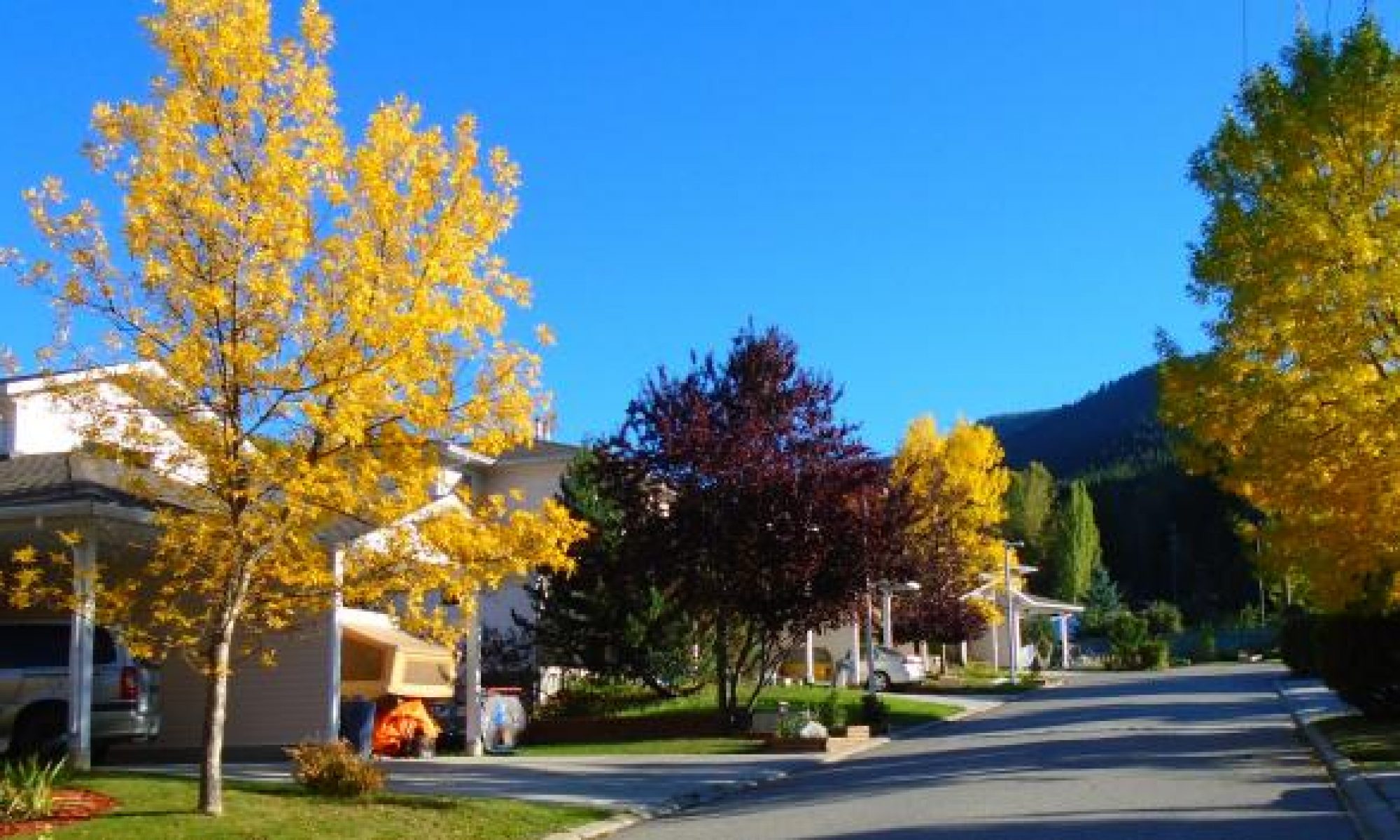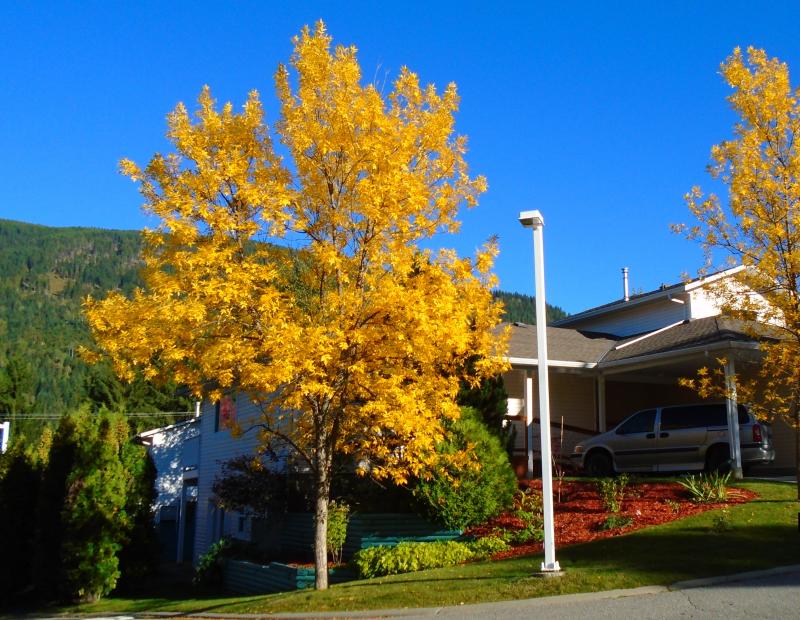There are many different kinds of co-operatives: food co-ops, co- op daycares, credit unions, retail co-ops, worker co-ops and housing co-ops. Any group of people can form a co-operative. The members of the group then “own” the co-operative, with the co-op providing a service that they need at an affordable price. Housing co-operatives provide housing.
Since the 1930s, Canadians have been building and living in housing co-ops all across the nation. Over the years, federal and provincial governments have funded various programs so that now there are more than 255 non-profit housing co-ops comprising 14,300 units in British Columbia alone.
Co-op housing is jointly owned and managed by the members who live in the Co-op, and is operated on a “not for profit” basis. Members participate at various levels in the decision making process, and voluntarily work together to share the responsibility of making sure that their housing community is strong & vibrant.
The advantages of living in a Co-op:
As a co-op member, you have security of tenure. This means that you can live in your home for as long as you wish if you follow the rules of the co-op and pay your housing charge (rent).
You have a say in decisions that will affect your home, since you and your neighbours own the buildings co-operatively.
All the affairs of the Co-op are democratically controlled on the basis of one member, one vote.
Monthly housing charges cover only the cost of operating the Co-operative and will not increase to cover a landlord’s profit.
As members do not own their individual units, there is no downpayment required when moving in (or equity paid when moving out).
A Co-op provides a community atmosphere where neighbours know each other and work together to make sure their homes are secure, affordable and well maintained.
People of all incomes, occupations and backgrounds form the membership of the Co-operative. These diverse and vibrant communities are the unique strength of the co-op housing movement.
How does it work?
Once a person or family has been accepted to live in a housing co-op, they are required to purchase shares in the co-op. This then grants the new members co-op shareholder privileges and responsibilities.
One of the main ways in which members help ensure that the community remains vibrant and strong is through participation in a choice of committees.
Some members choose to be on the social committee to help members to get to know each other.
Other members want to make sure that the co-op is clean and well cared for, so they join the maintenance committee.
Those who enjoy the outdoors volunteer to do the gardening.
Still others volunteer to shop for members with disabilities or to help with child care.
There are many ways for members to participate in the co-op and make it a safe and happy place to call home. Co-op Housing members also elect, from among themselves, a Board of Directors, and help set the policies of the co-op. The Board of Directors makes sure that things run smoothly and according to the co-op’s policies and operating agreements. They hold regular meetings to deal with the every day functioning of the co-op. The Board will also call general meetings to inform members about the work they have done on the their behalf, ask for input on important decisions, and to vote on policy implementation and/or changes.
Housing Co-ops are legal corporations with Provincial laws, such as the Co-operative Corporations Act, to govern it. Co-ops developed under government programs must therefore follow the operating agreements they have signed with the government.

